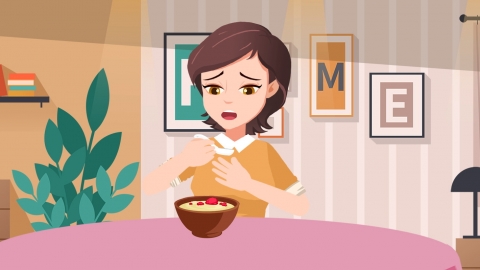Should you fast during a gallbladder attack?
Generally, whether fasting is required during a gallbladder attack depends on the severity of the condition. When symptoms are mild, strict fasting is not necessary, and small amounts of light liquid food can be consumed; however, temporary fasting is needed when symptoms are severe. The specific analysis is as follows:

If the symptoms of gallbladder inflammation are mild—such as slight dull pain or bloating in the upper right abdomen without severe pain, nausea, or vomiting—strict fasting is not required. Light, low-fat liquids or semi-liquids such as rice soup or thin porridge can be taken in small quantities and frequent meals. This helps avoid an empty stomach that may stimulate gallbladder contraction while reducing the digestive burden on the gallbladder and alleviating discomfort.
If the symptoms are severe, including intense pain in the upper right abdomen, persistent distension, accompanied by nausea, vomiting, fever, etc., temporary fasting is necessary. Eating under these conditions would stimulate strong gallbladder contractions, worsening inflammatory responses and pain. Fasting allows the gallbladder to rest fully, reduces bile secretion, relieves gallbladder spasms, and creates favorable conditions for subsequent treatment. Diet should be gradually resumed only after symptoms have subsided.
In daily care, patients with cholecystitis should maintain regular eating habits, avoid overeating, stay away from high-fat and spicy foods, and minimize triggers for gallbladder attacks. During an episode, appropriate bed rest is recommended, and strenuous physical activity should be avoided.






